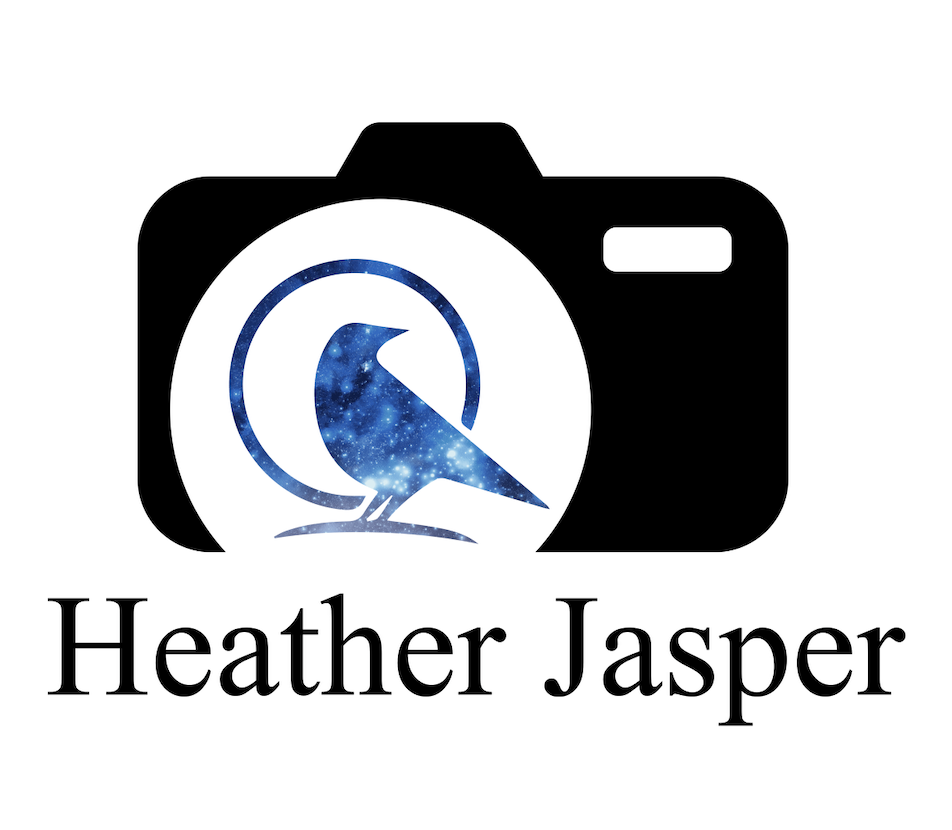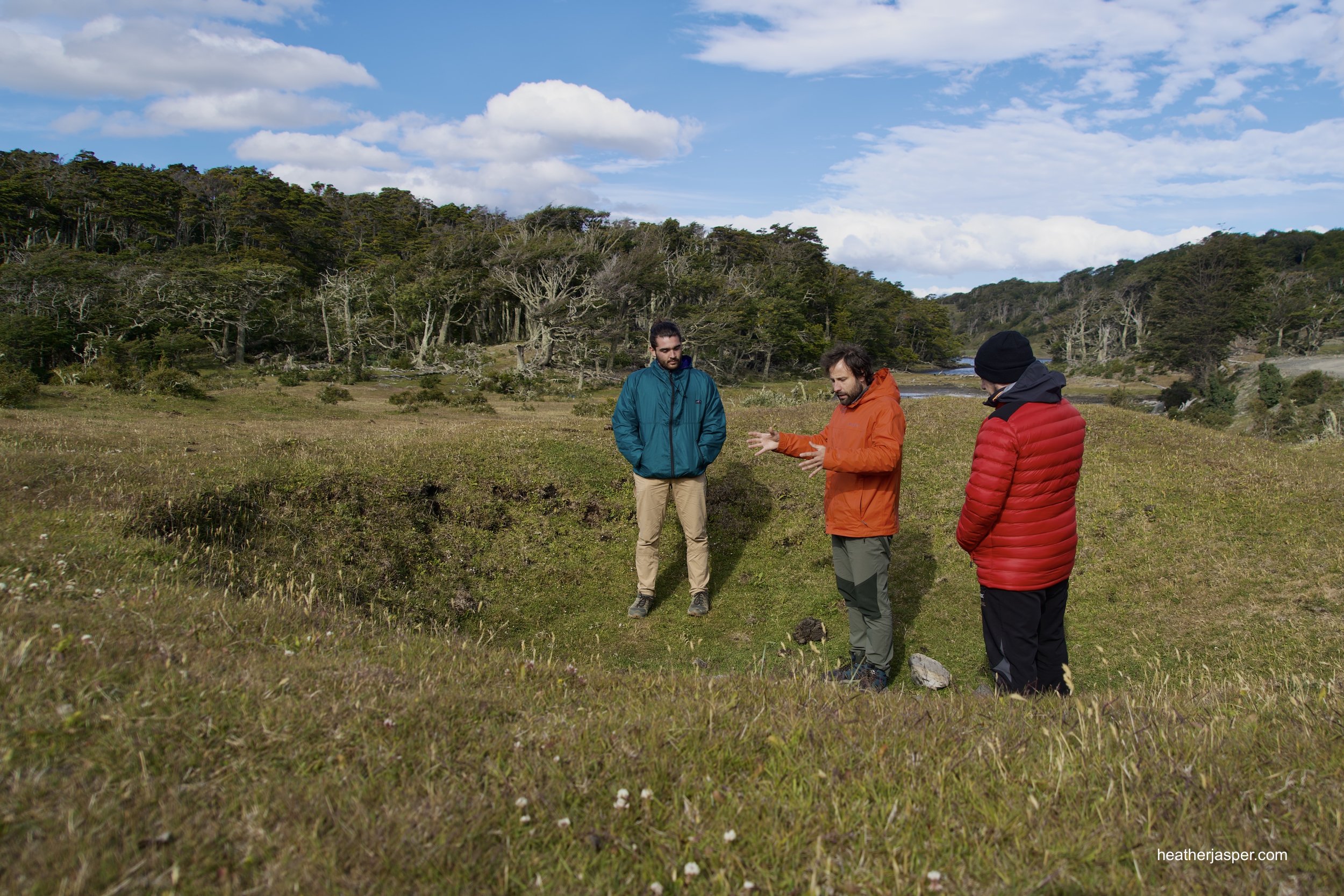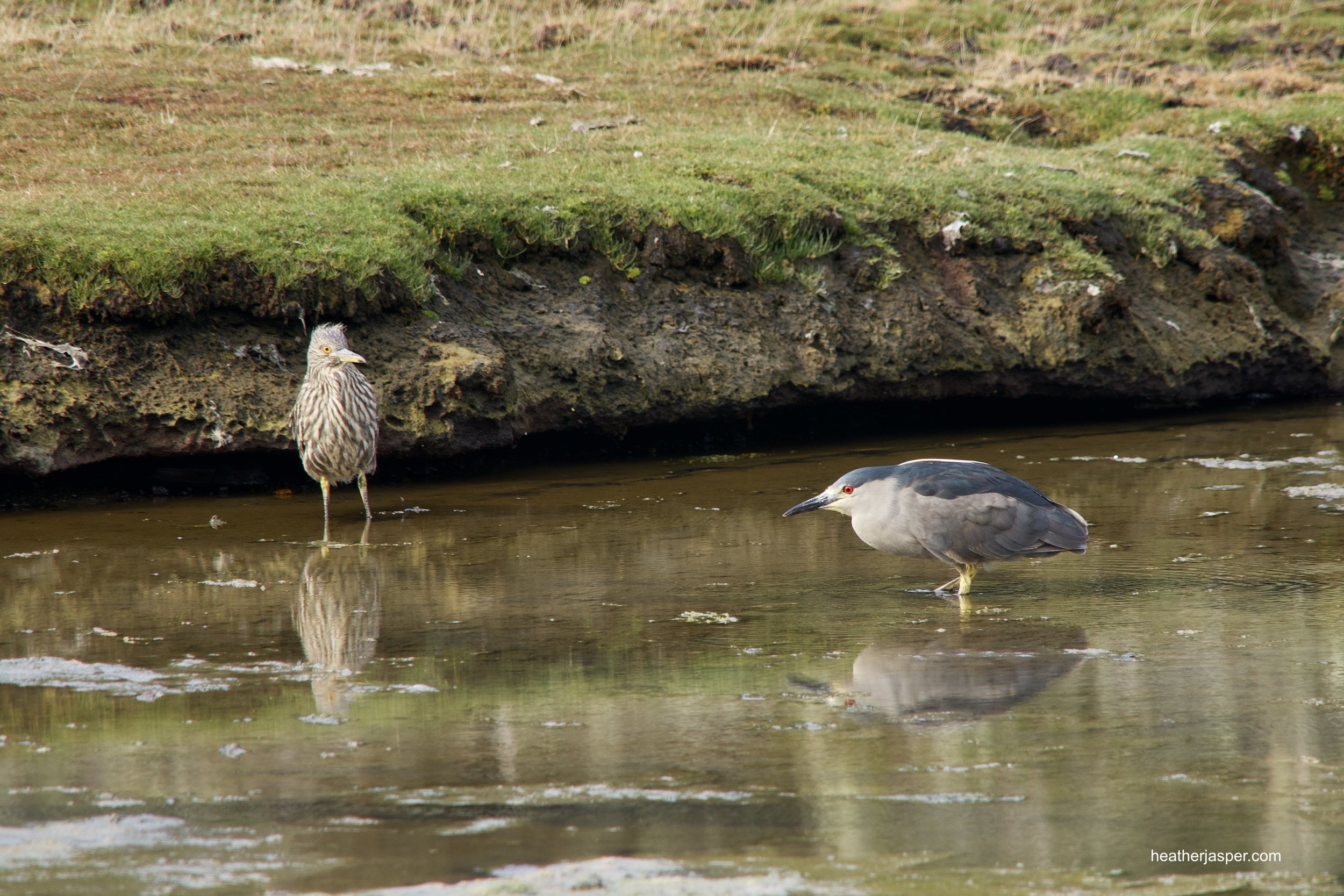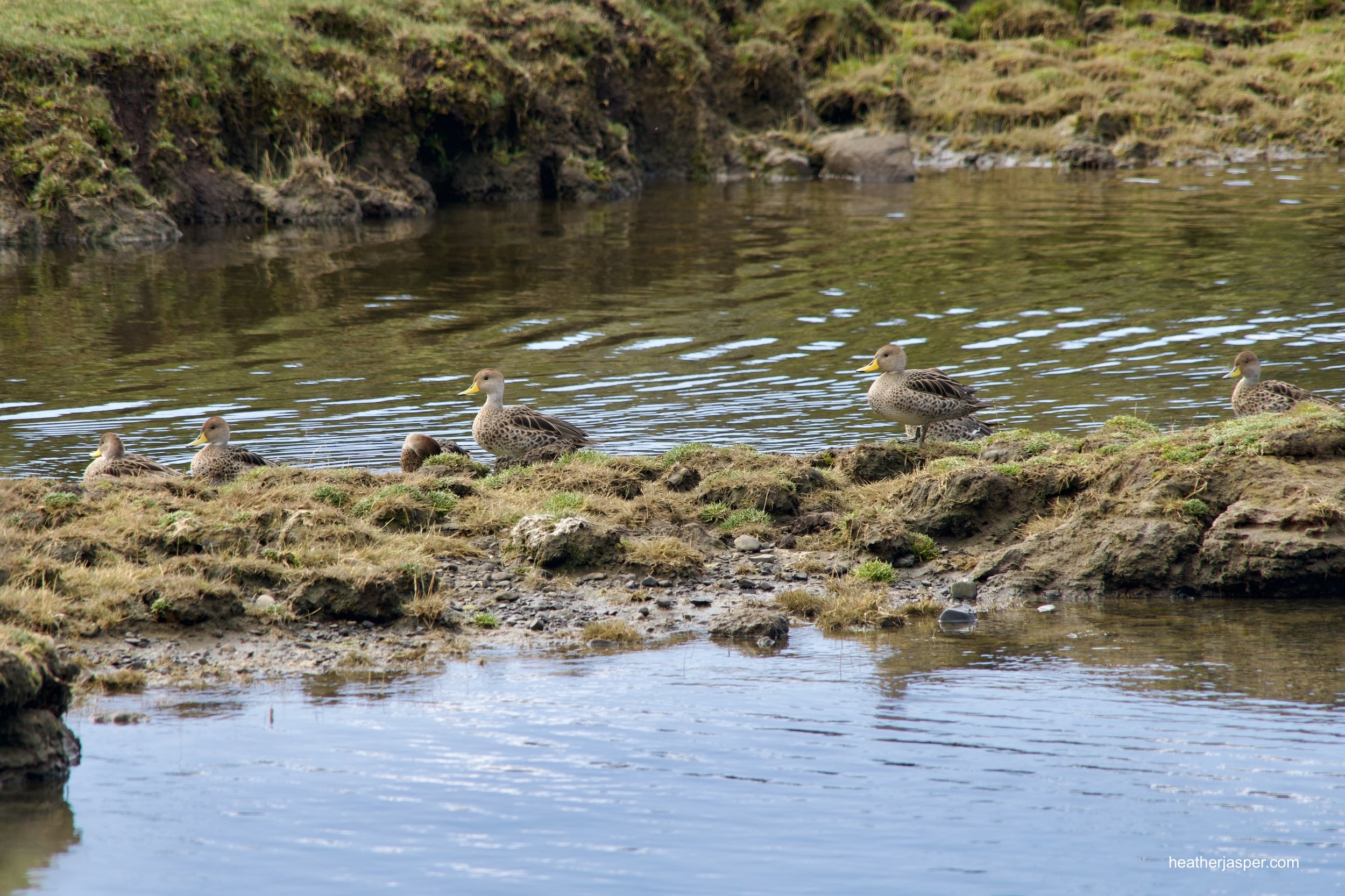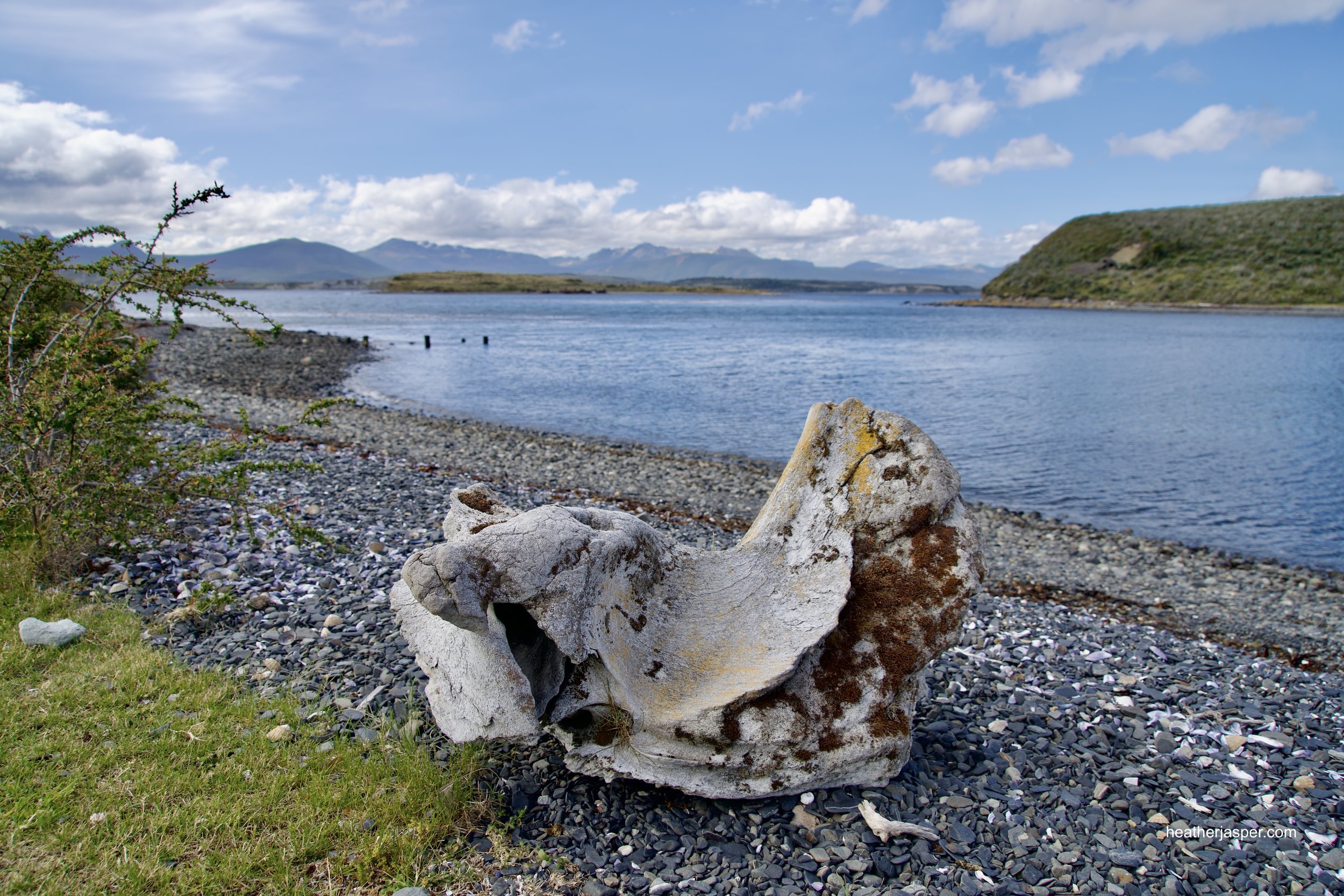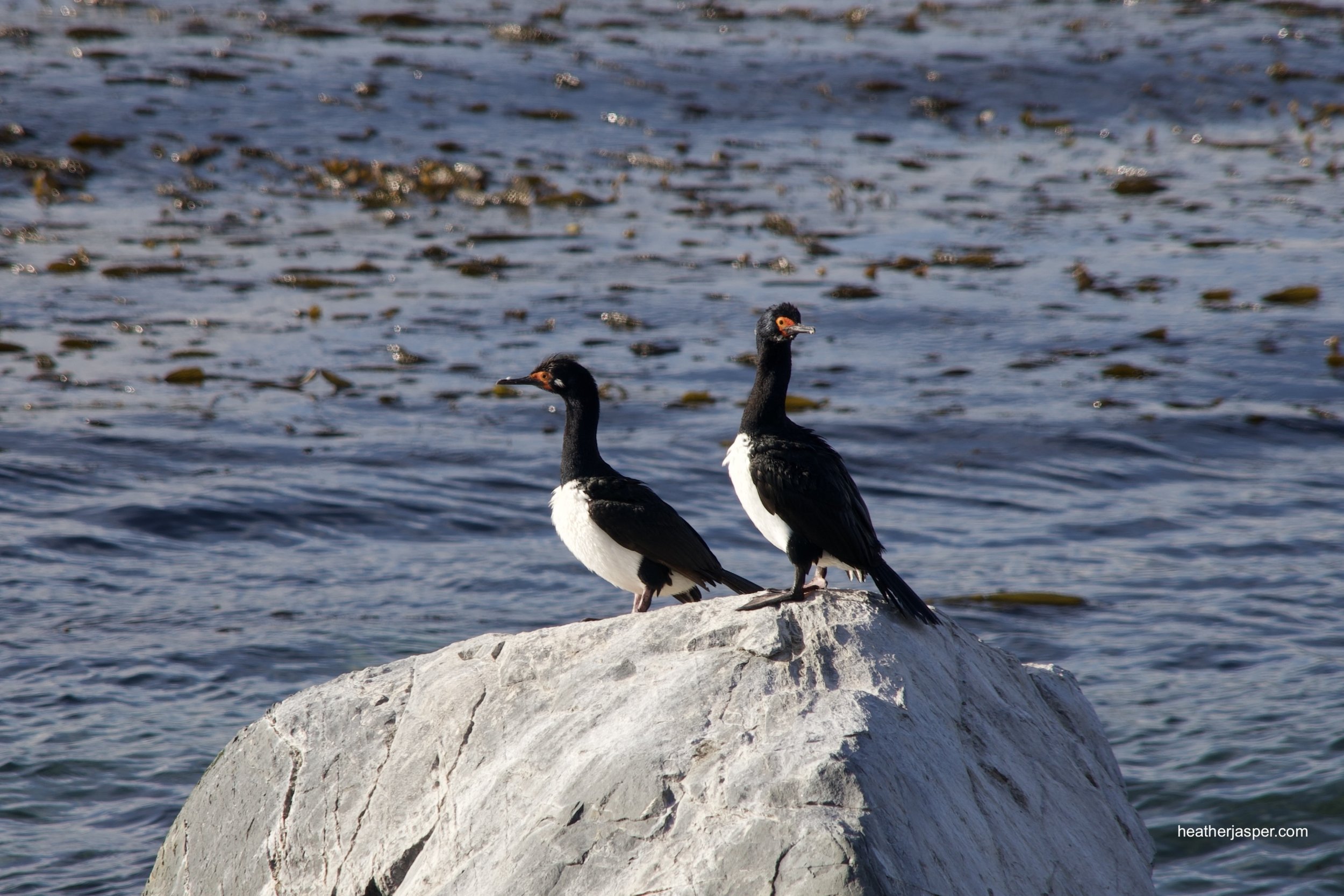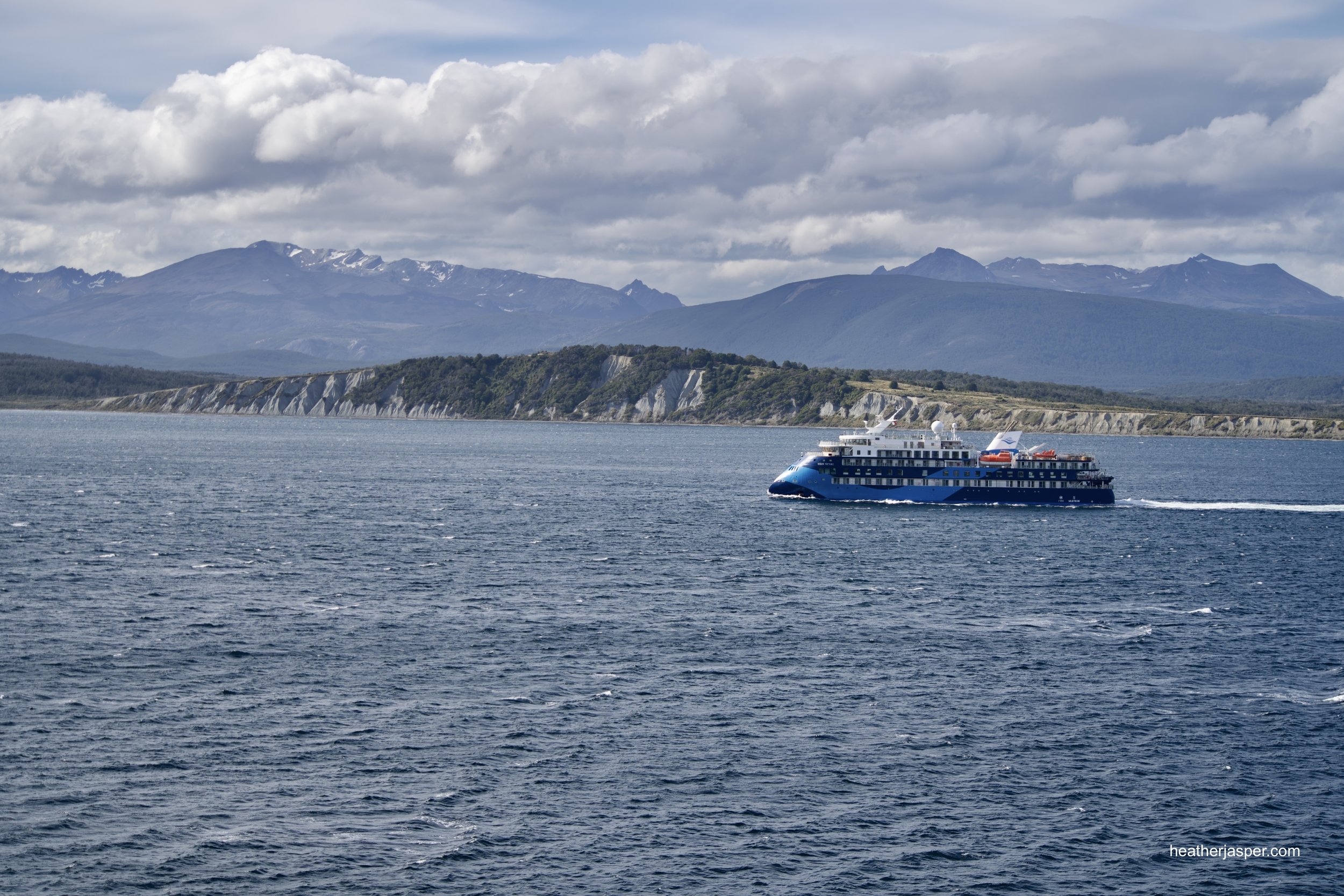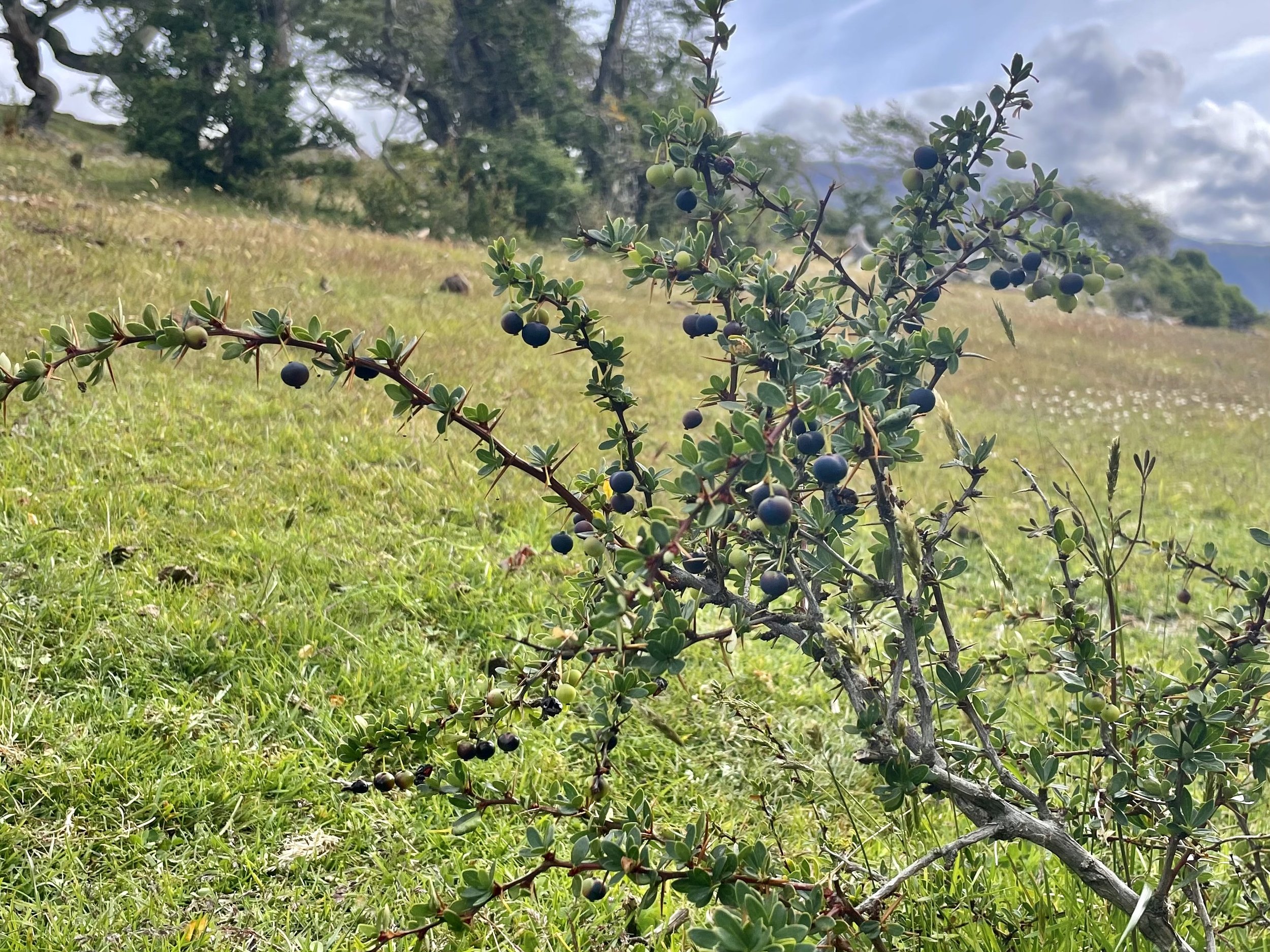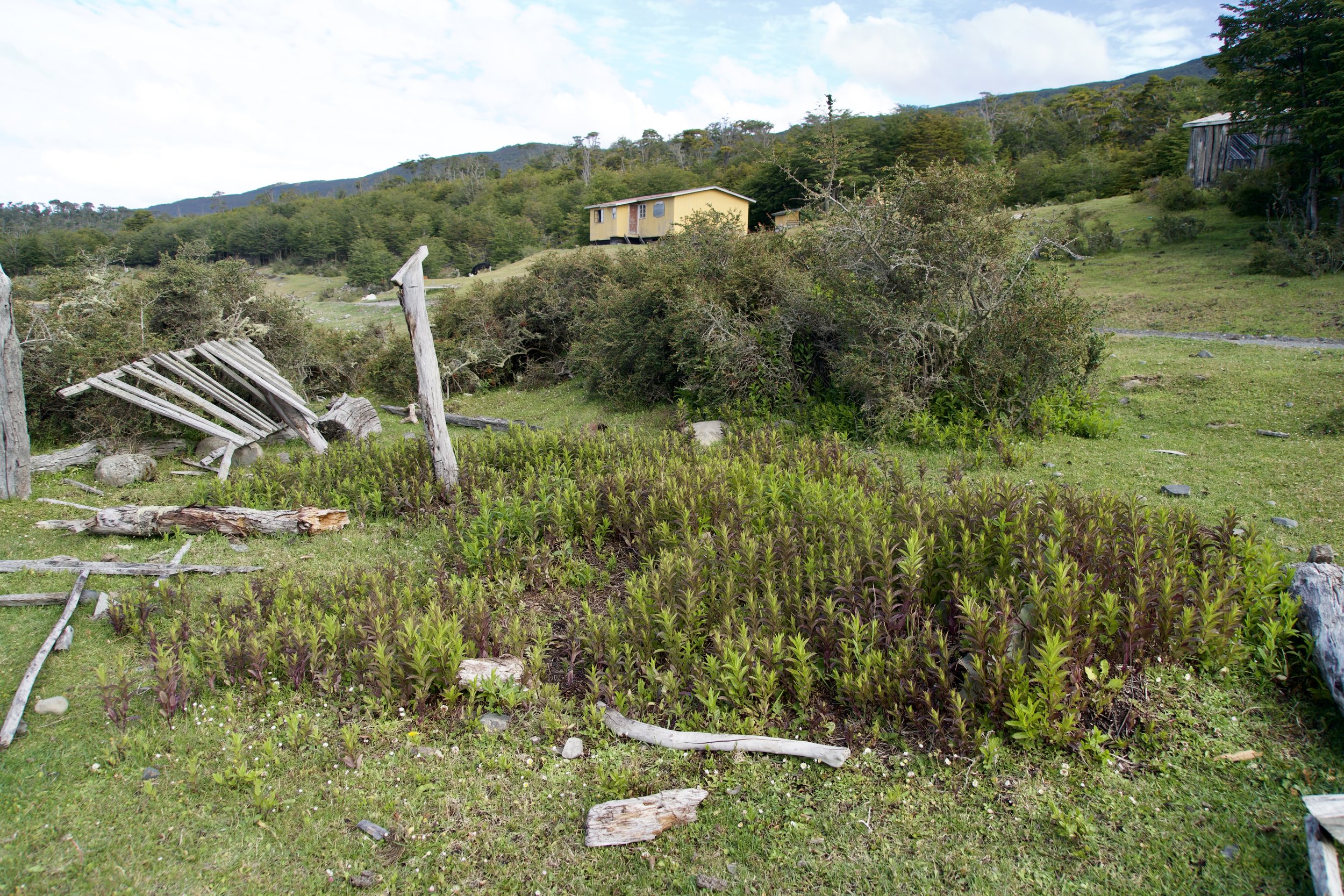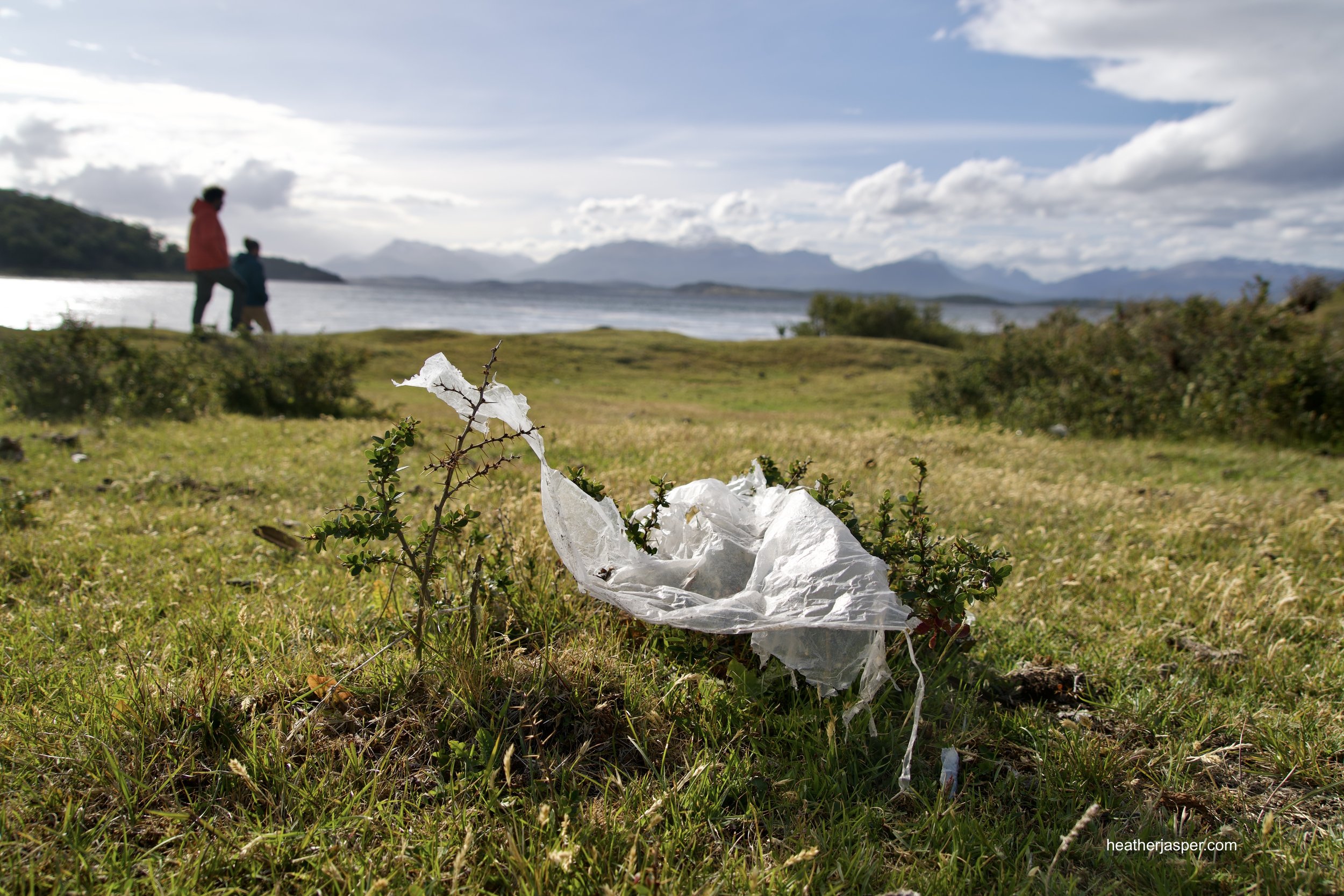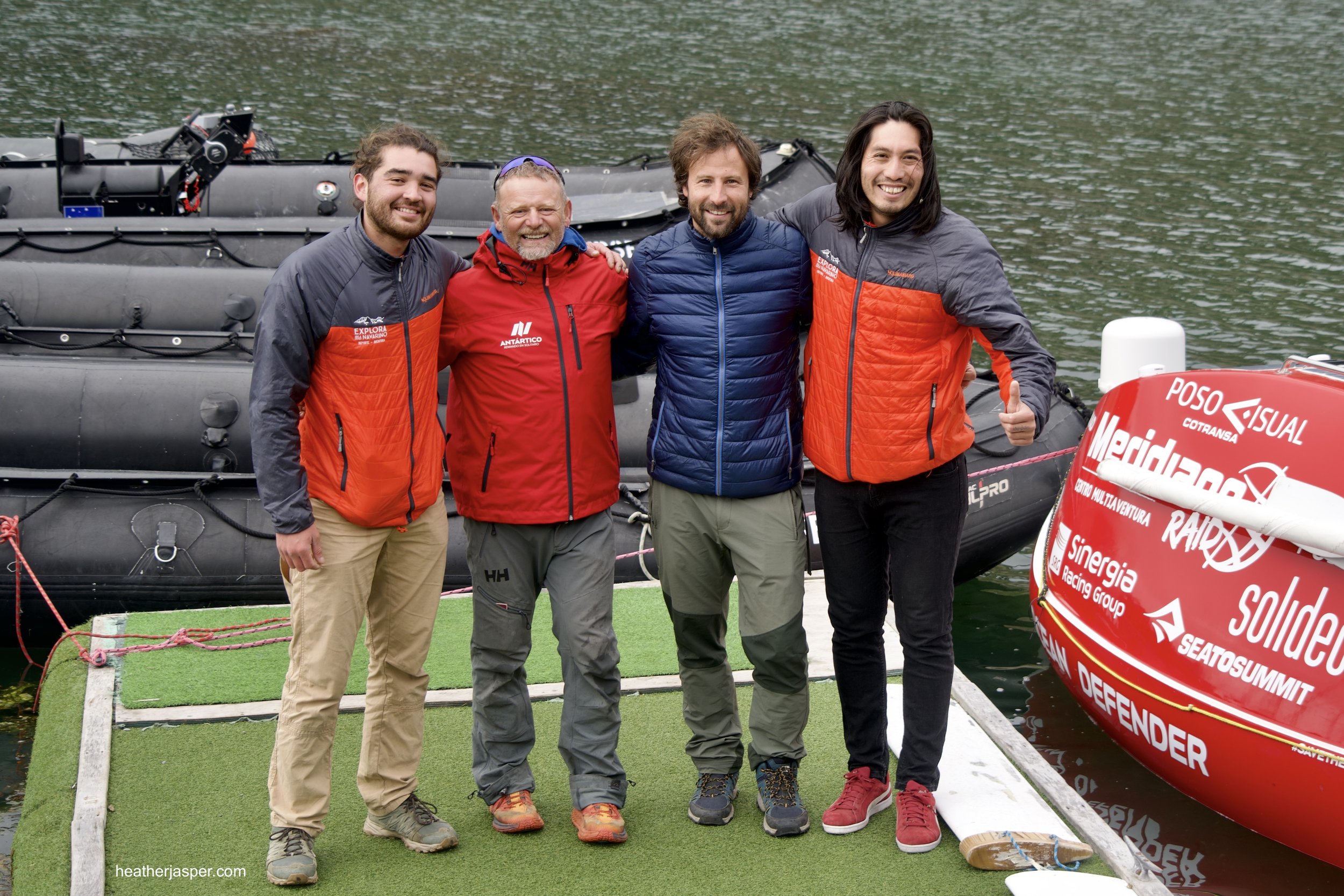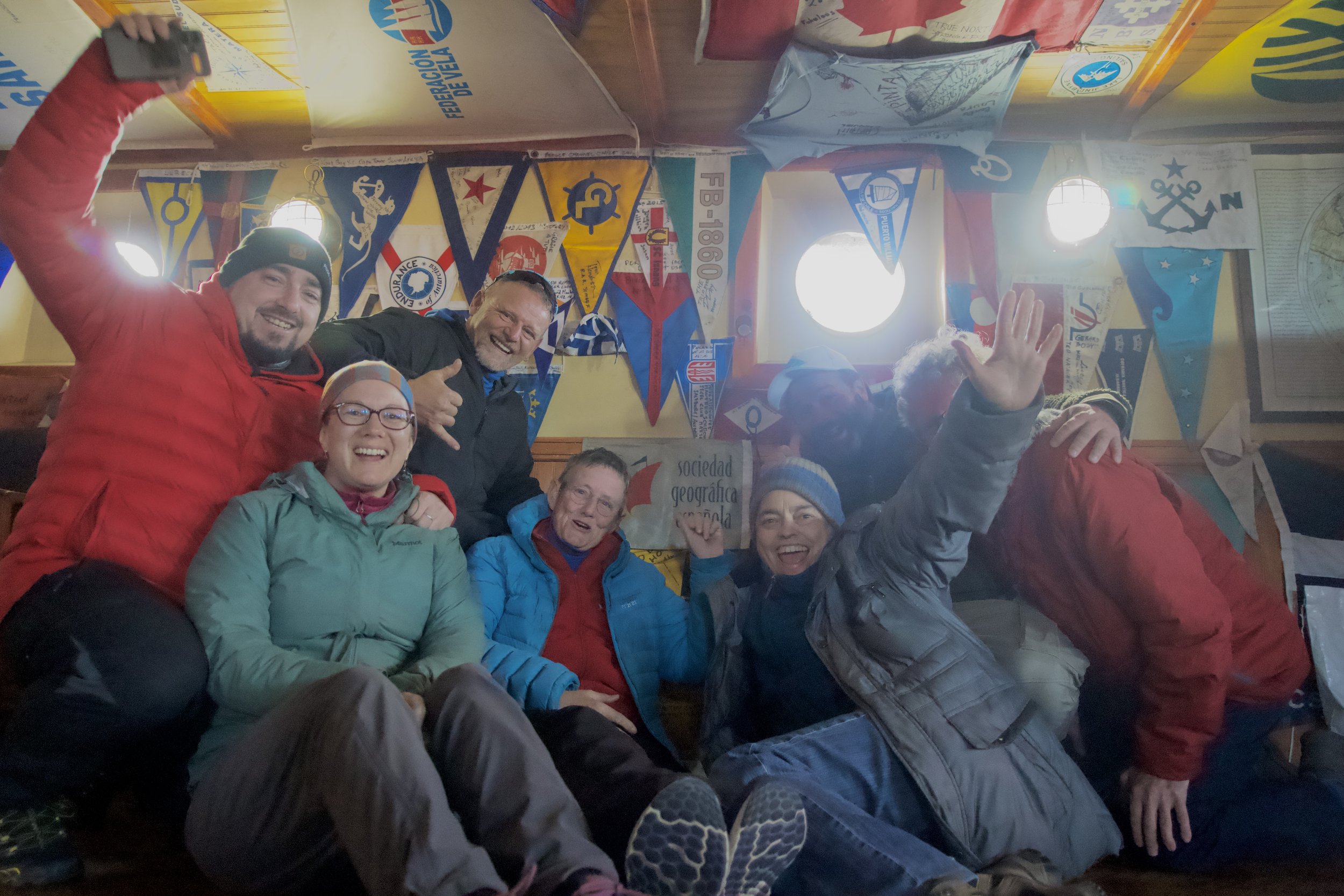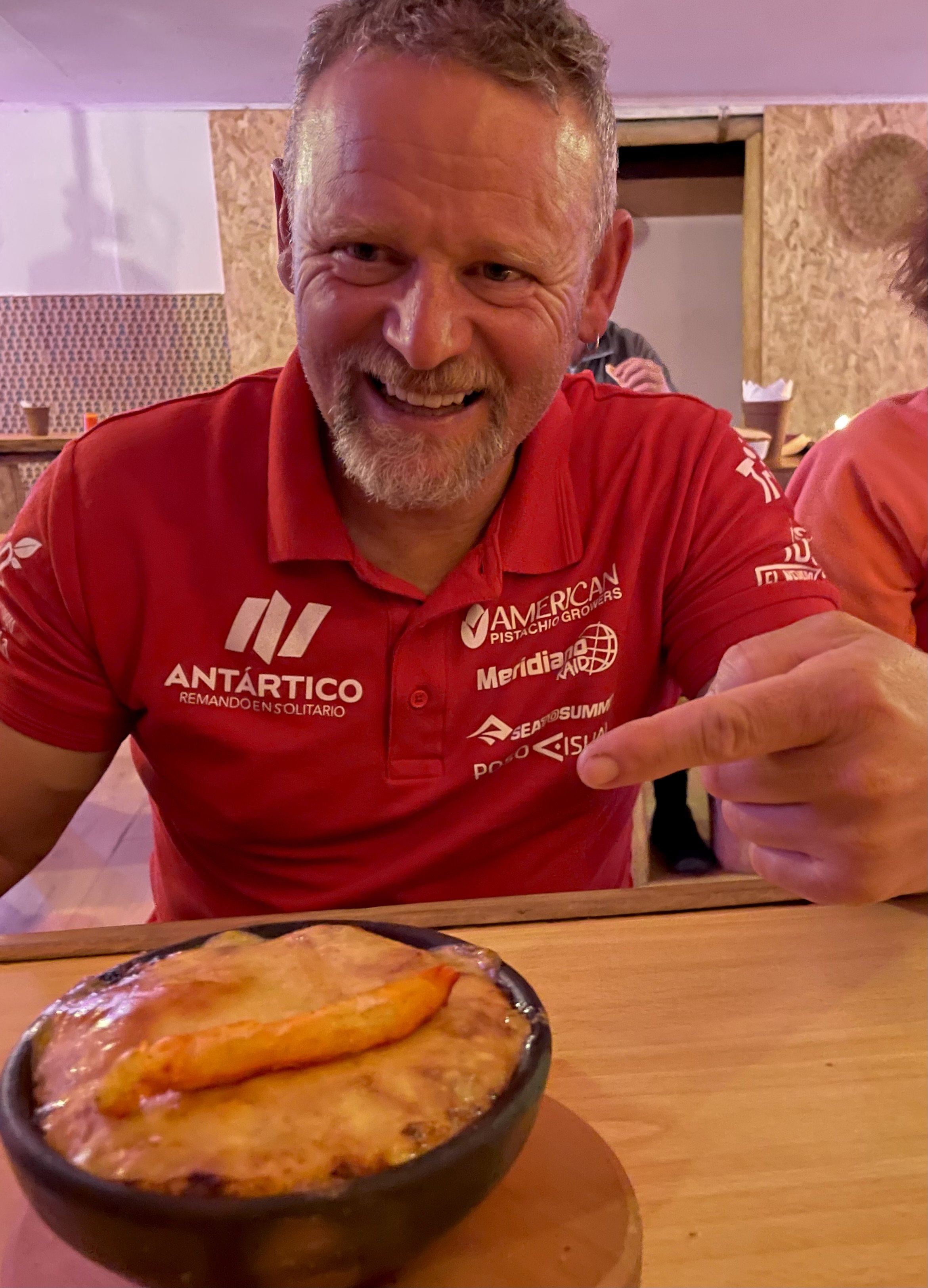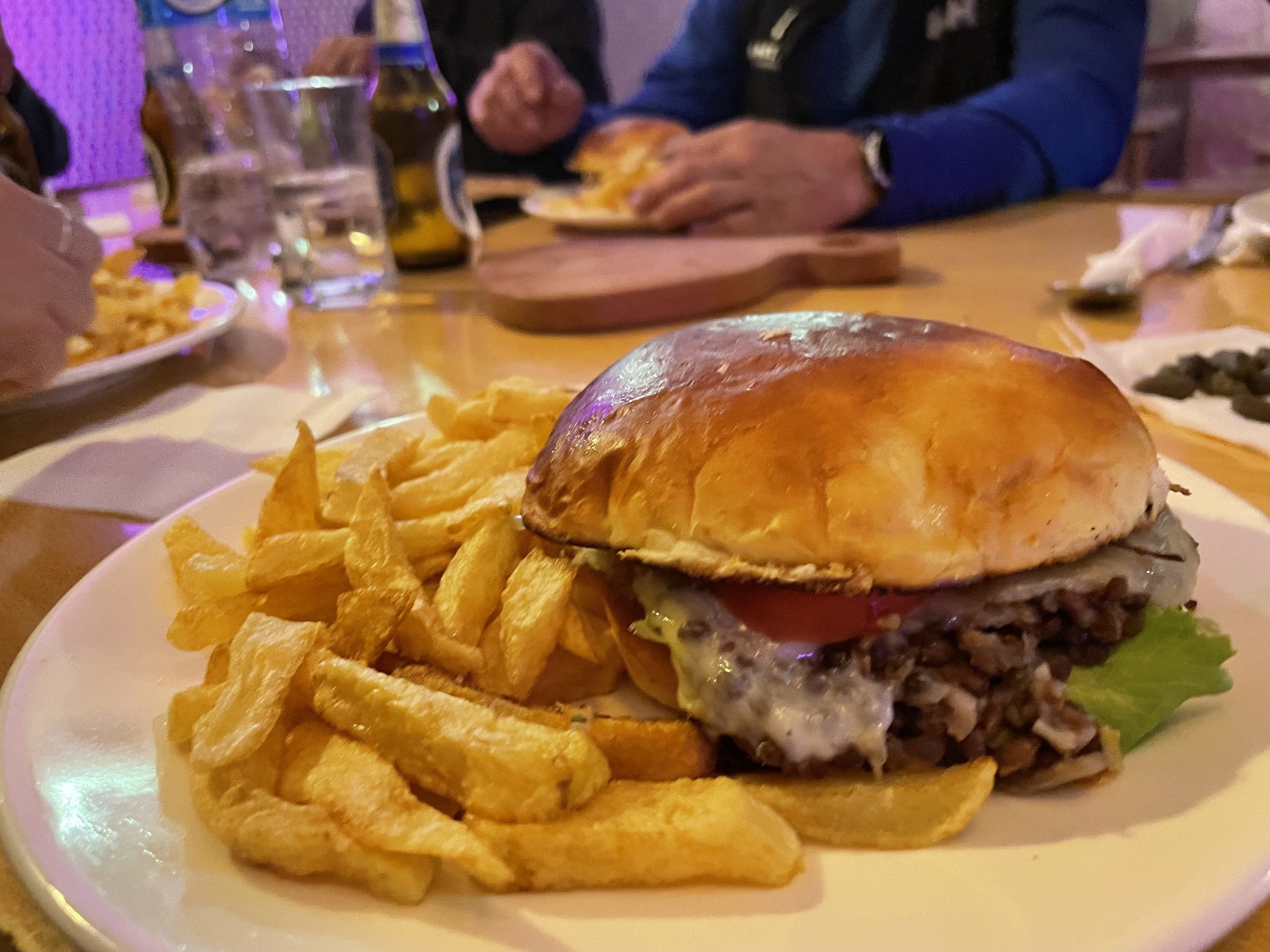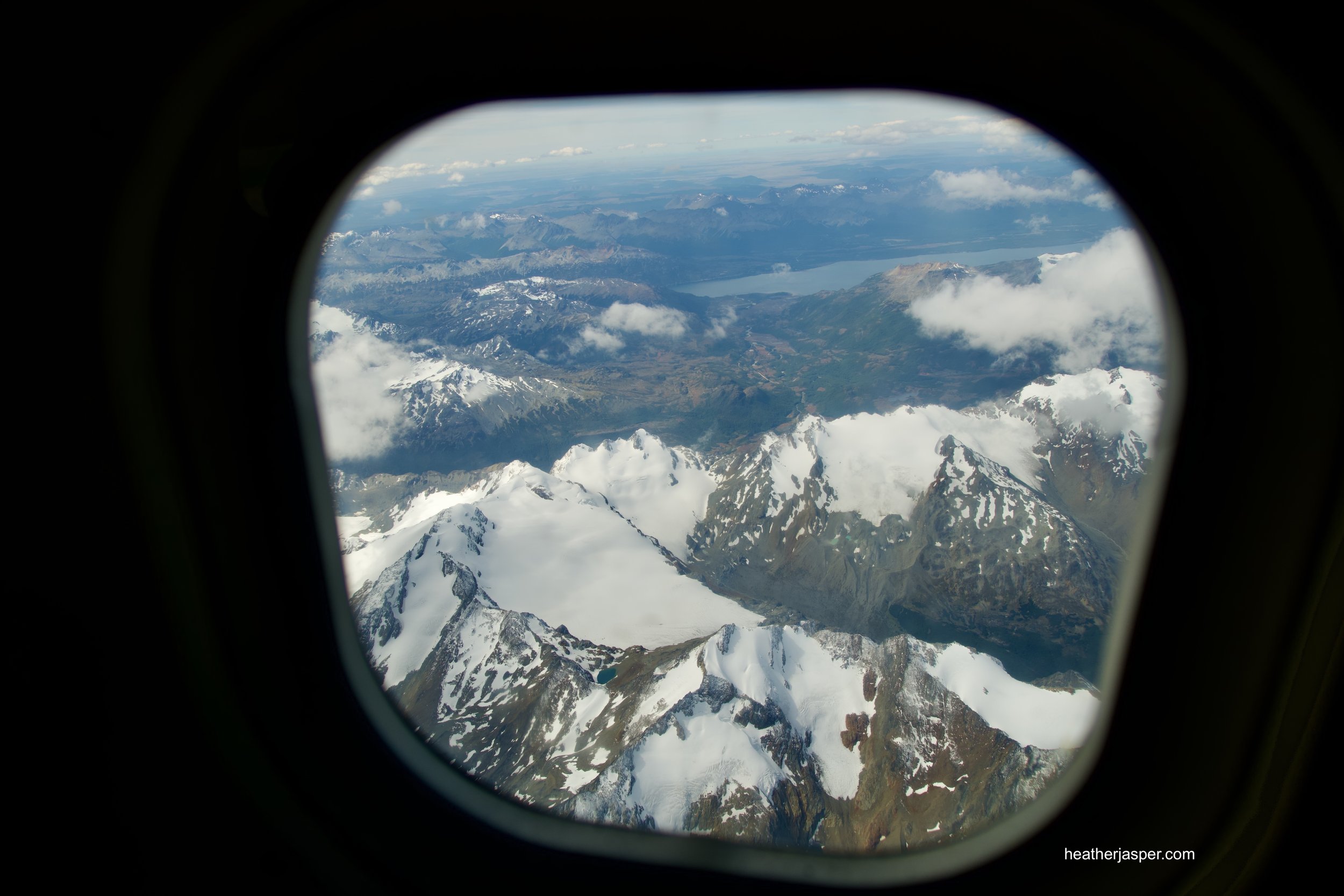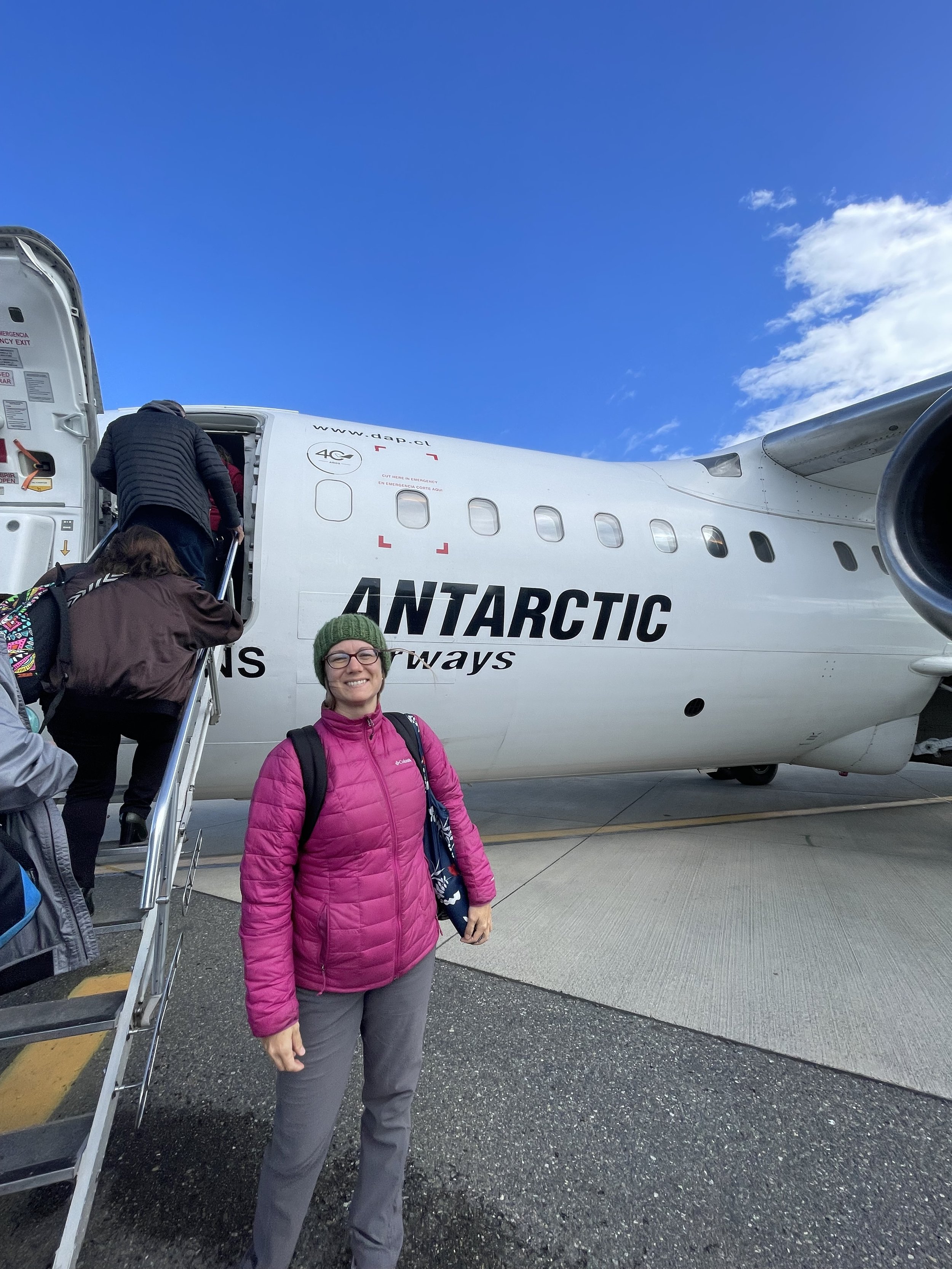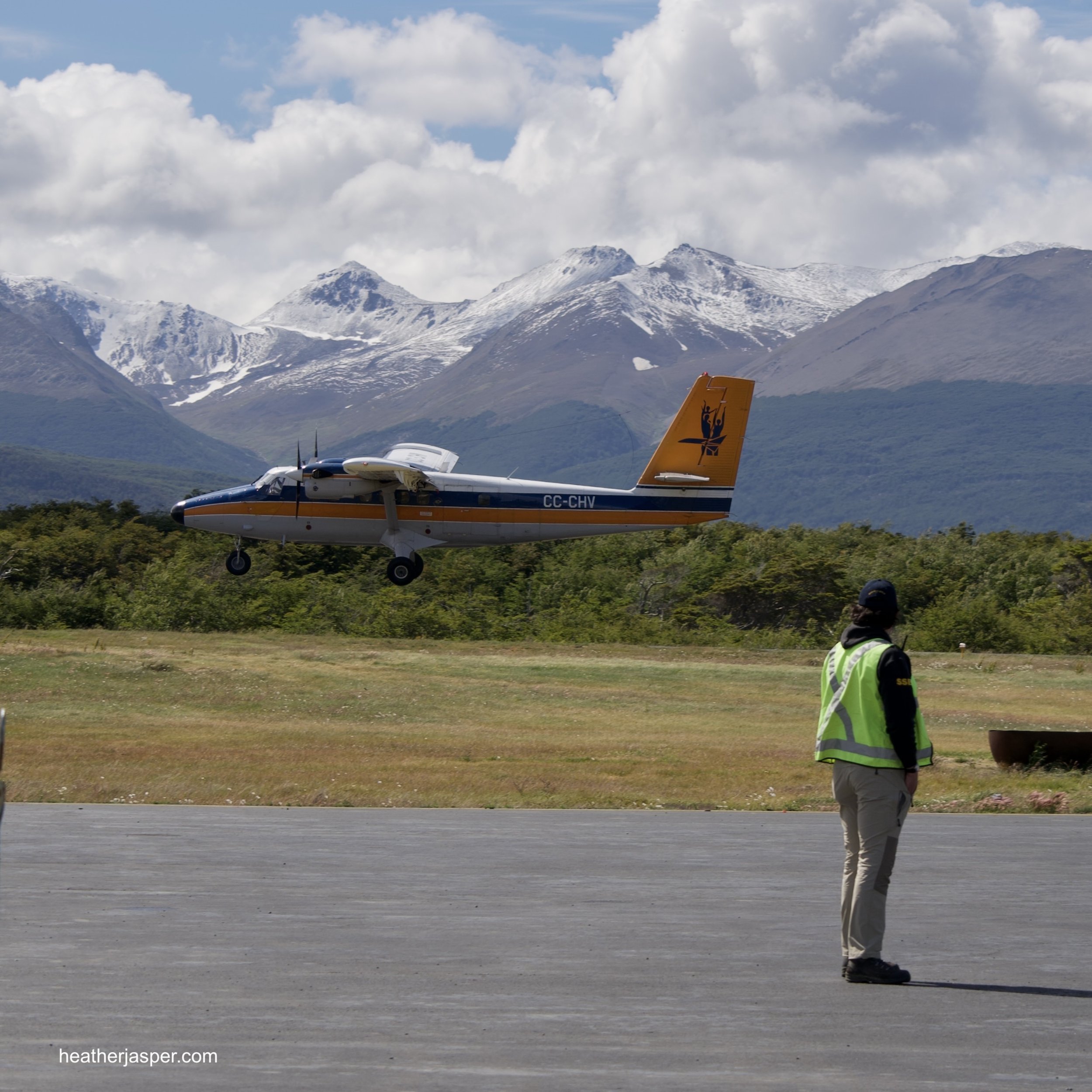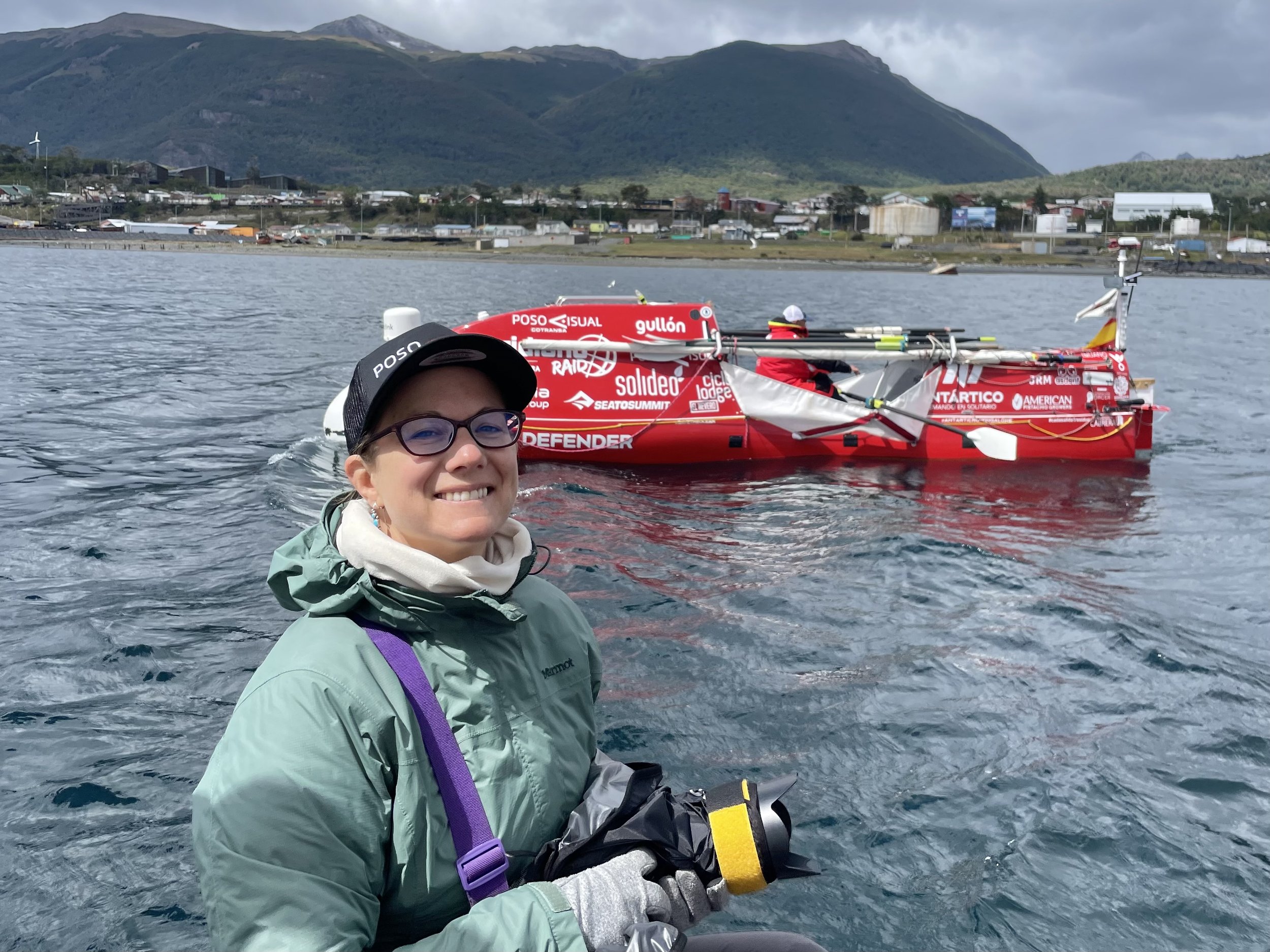Chile: Puerto Williams Travel Tips
The mountains behind me are the Dientes de Navarino. Past the sail masts, the building with the green roof is CEDENA.
It’s officially the most southern city in the world, but calling Puerto Williams a city is a stretch.
At first glance, there’s not much to the town. Give it a chance though and you’ll find some amazing and quirky places! Book tours with Explora Navarino, sign your kids up to learn sailing with CEDENA sailing club, marvel at Micalvi, the ship-turned-pier, then go eat and sing karaoke at Worus.
Puerto Williams is the only town on Navarino Island. The Yagán people lived here for over 6,000 years before Europeans started sailing by, looking for a way to get to Asia. The port wasn’t founded until 1953, and it was initially called Puerto Luisa. They changed the name only three years later to commemorate Juan Williams, a Chilean who immigrated from England and whose original name was John Williams Wilson. (The same Juan Williams founded Fuerte Bulnes in 1843).
Navarino Island is south of the Beagle Channel from the big island of Tierra del Fuego. North of the Beagle Channel is the Argentine town of Ushuaia, which was considered the southernmost city in the world until the Chilean government rebranded Puerto Williams as a city. The channel is named for the HMS Beagle, which sailed through in 1830, under the command of Lieutenant Fitz-Roy. The commander left his own name on the rock spires in El Chaltén, Argentina. (Darwin was on the Beagle’s second voyage, from 1831-1836).
It’s a small island, not much bigger than Maui and just a bit smaller than Hong Kong. It is admittedly a difficult place to get to but absolutely worth it once you’re there. Travel logistics are at the end of this blog.
I highly recommend going during austral summer, between November and March. On December 21st, the longest day of the year, it’s light for 23 hours and the one hour of dark isn’t very dark. Sunrise in Puerto Williams is at 4:47am and sunset is at 10:29pm. On the shortest day of the year, June 21st, sunrise is at 9:56am and sunset is at 5:07pm. I always go for the long days.
Explora Navarino
If you want to explore Navarino Island, and especially if you want to go backpacking up in the Dientes de Navarino, check out Explora Navarino. I spent a fun afternoon with owner Jorge Barber on a tour of some archeological sites near town. The photos above are from that day. Follow them on Instagram and check out their website.
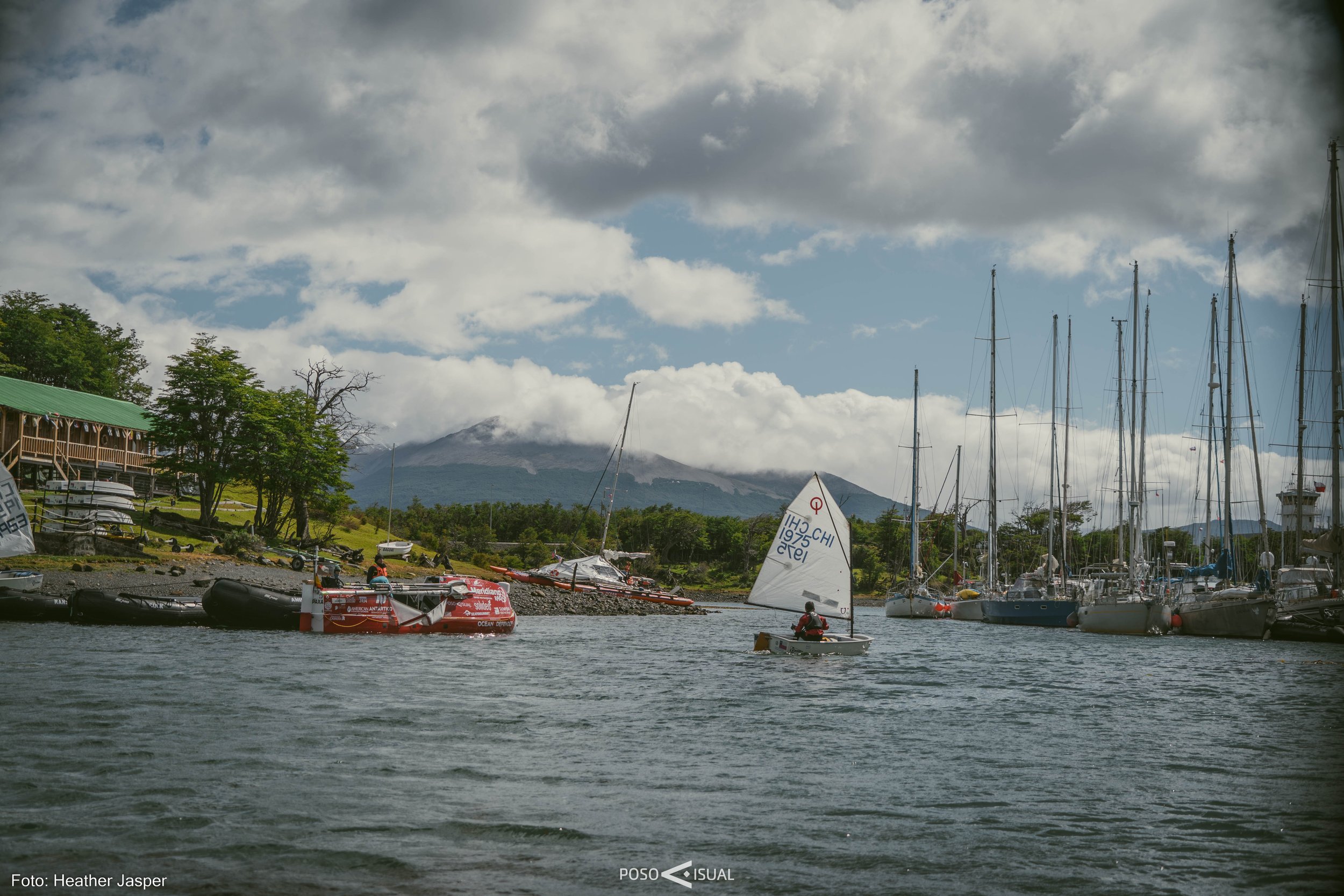
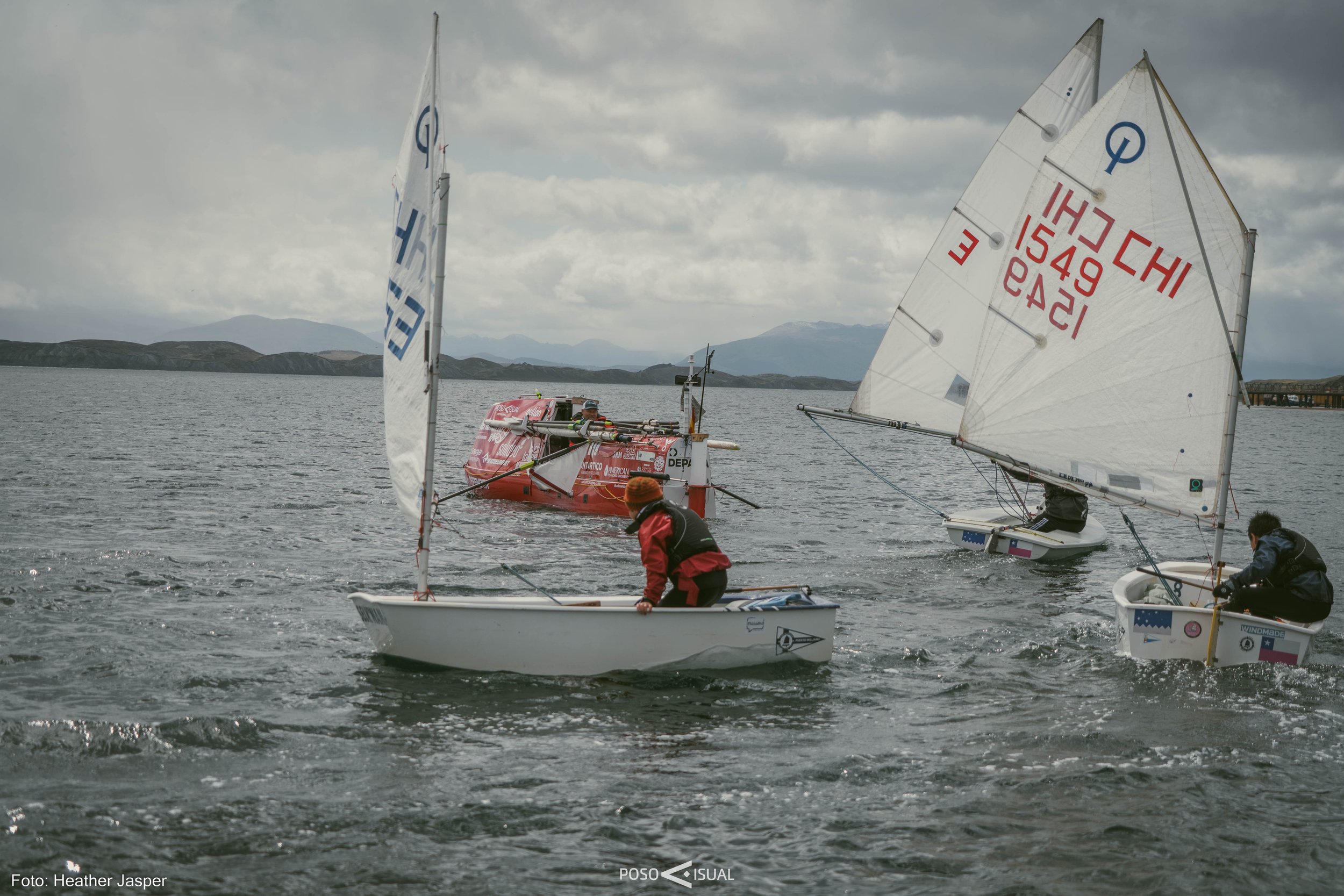
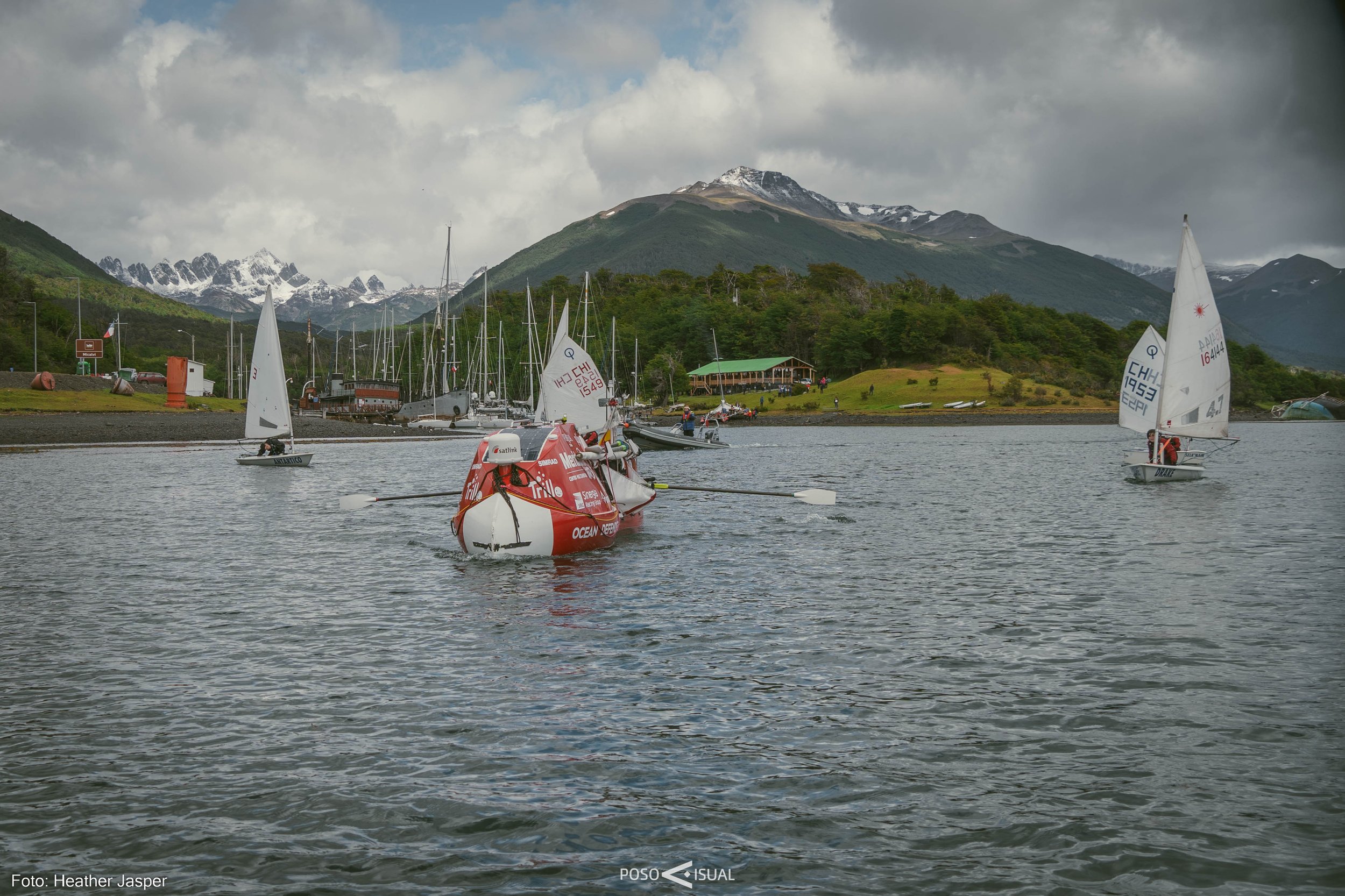
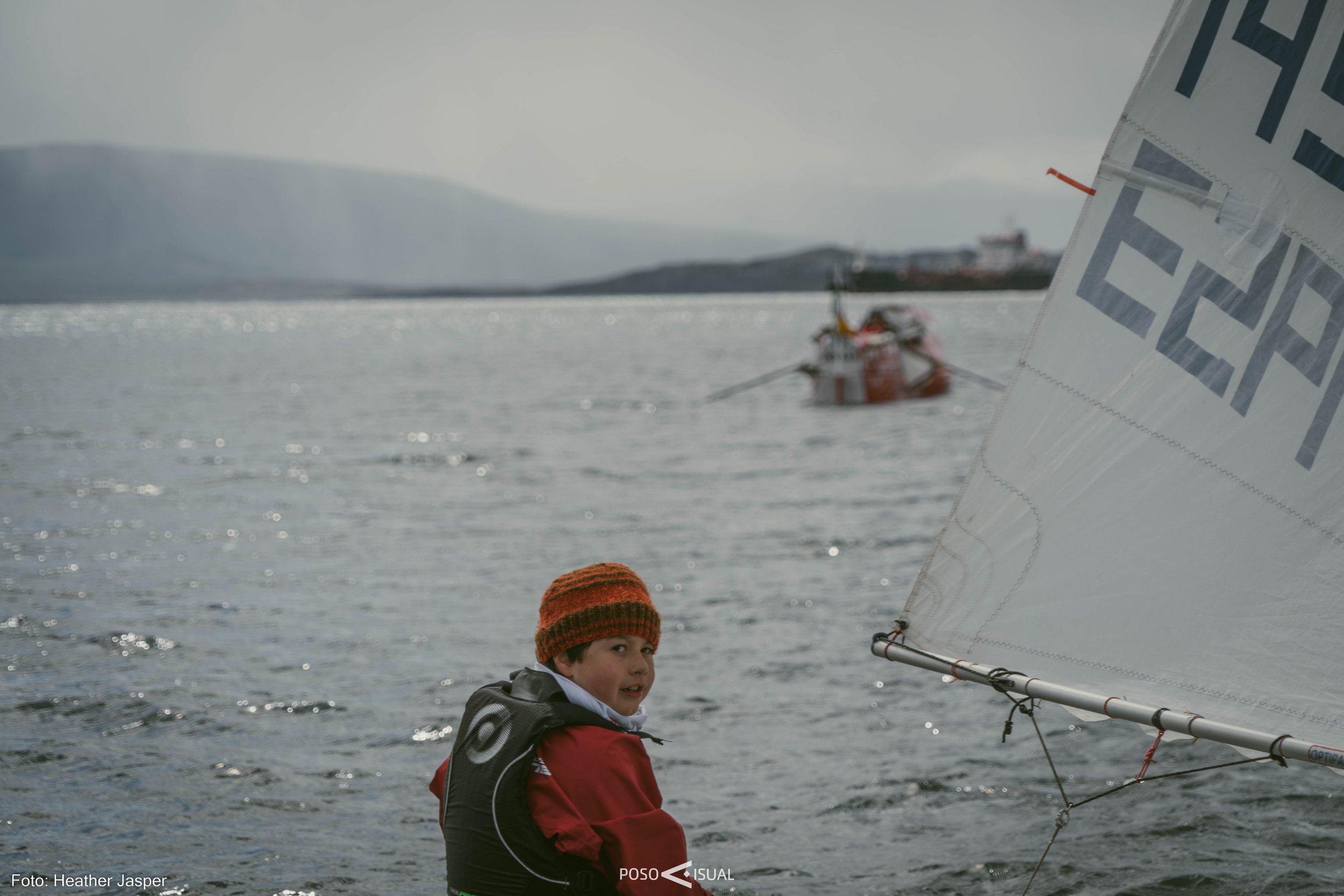
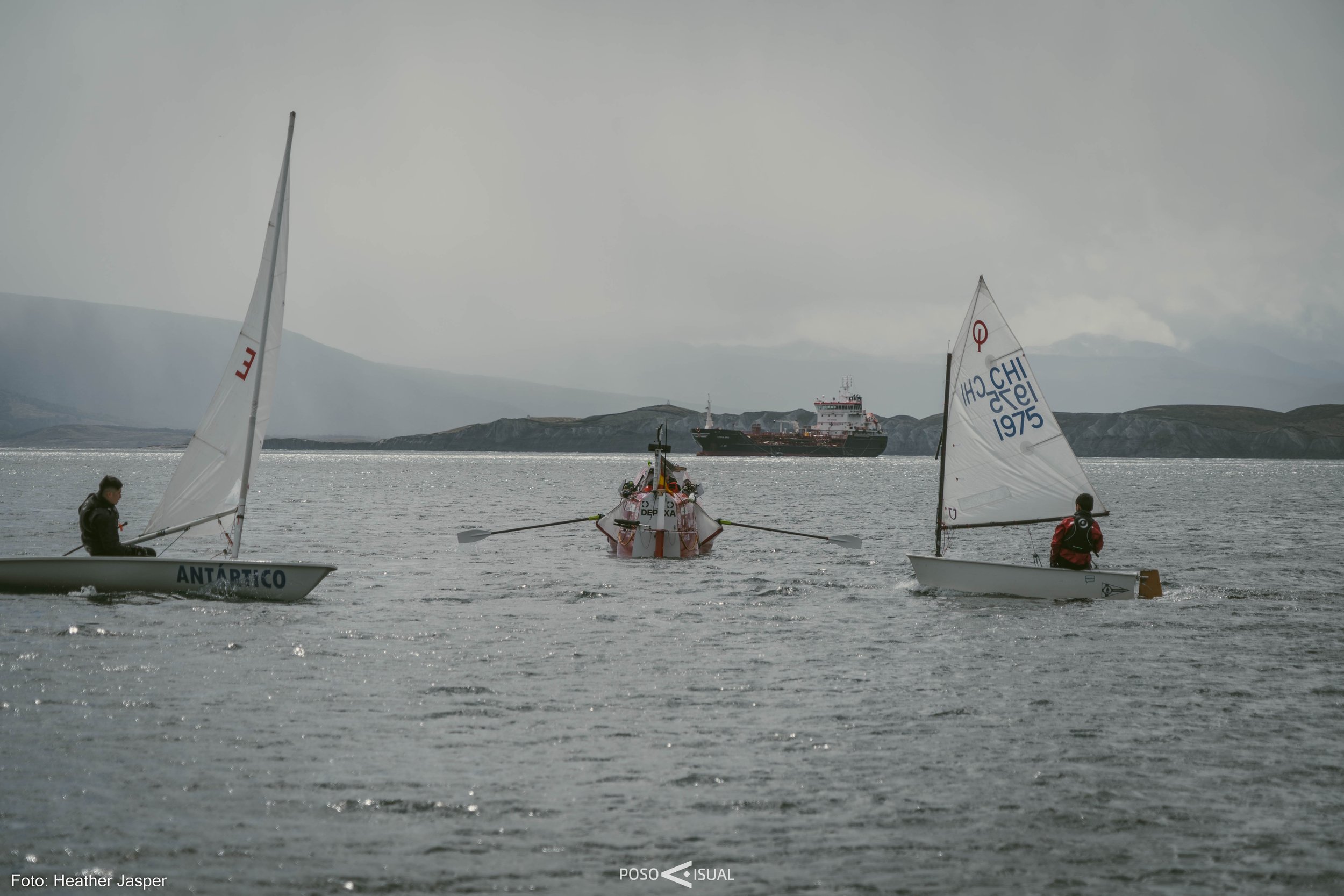
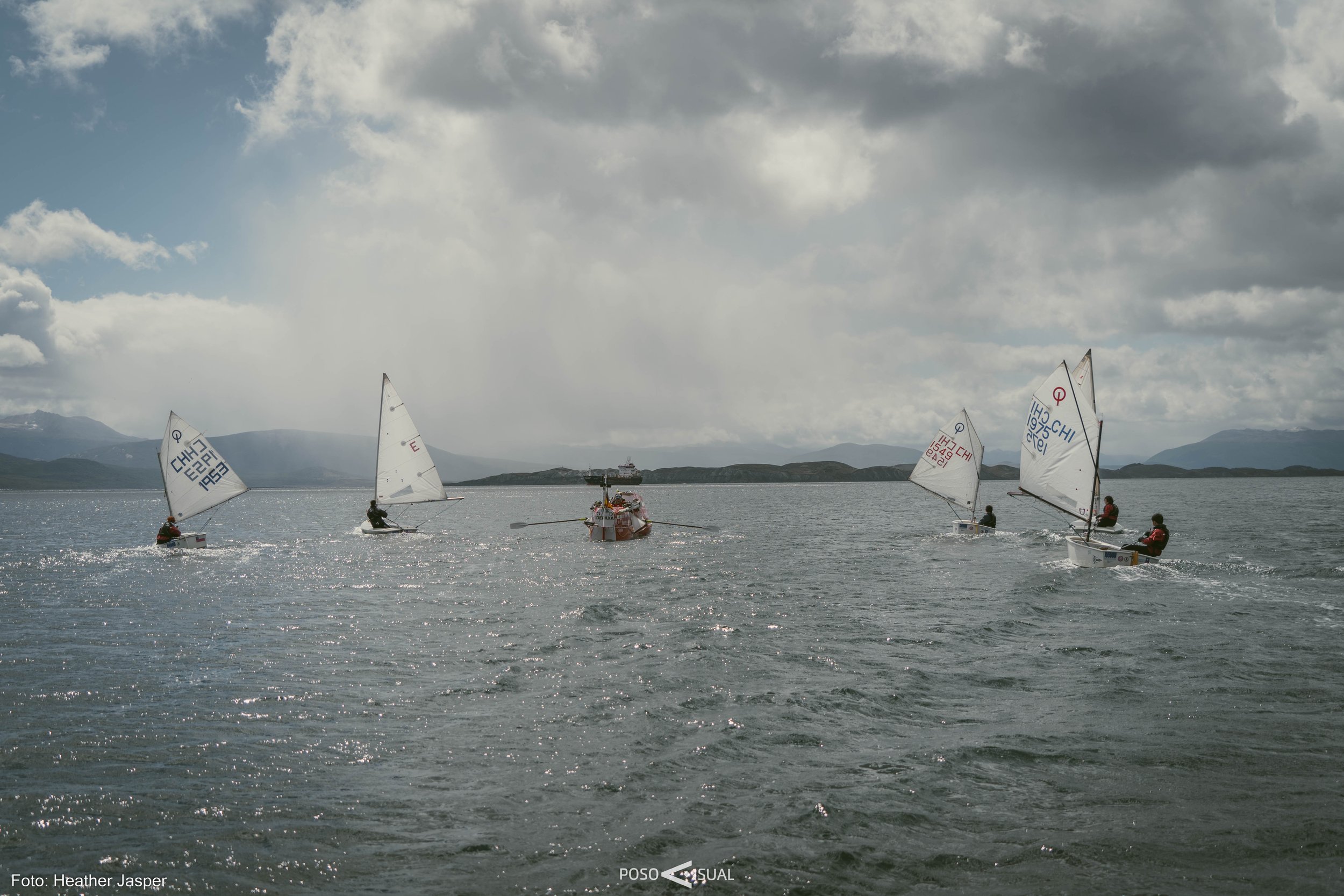
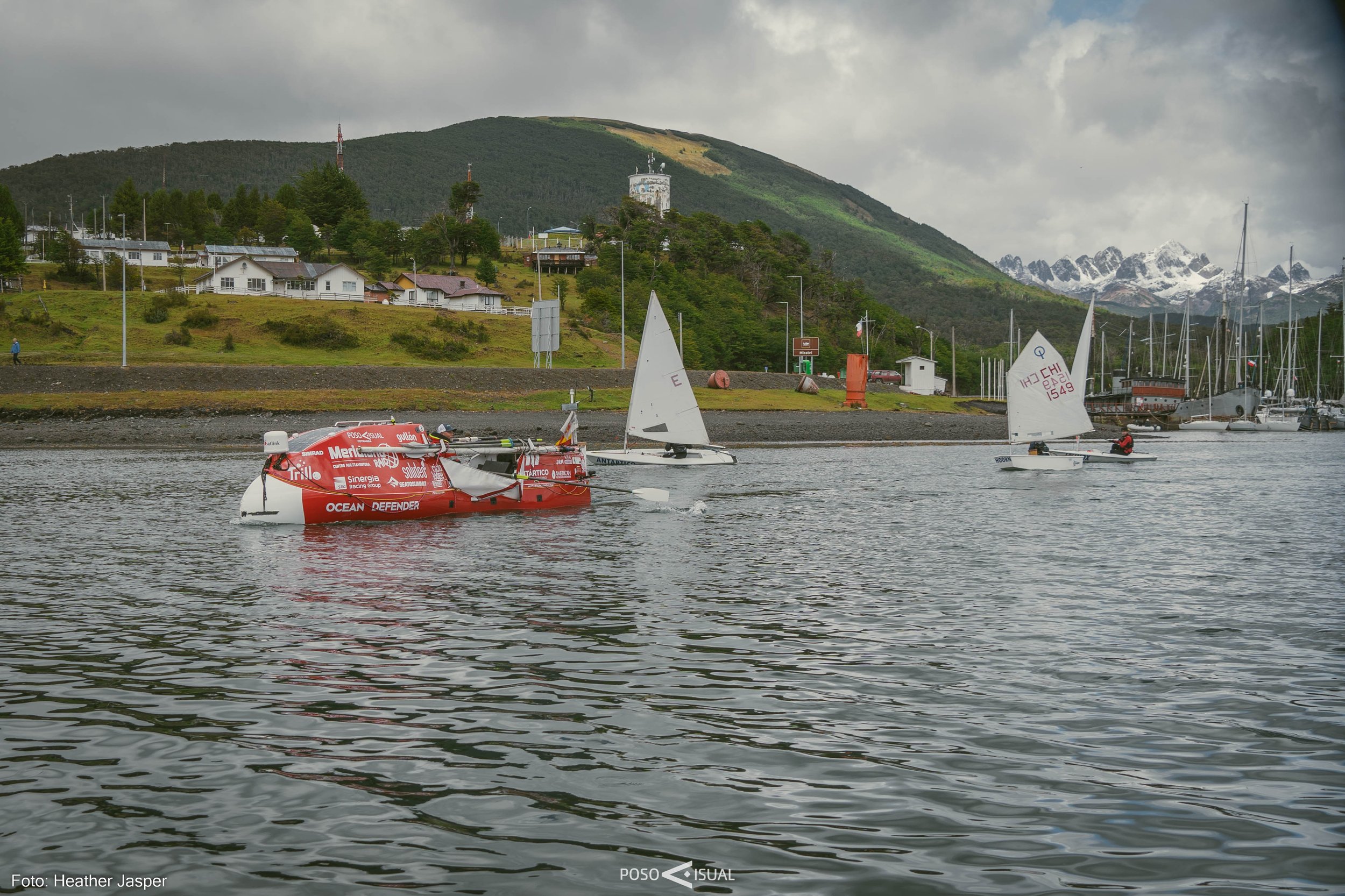
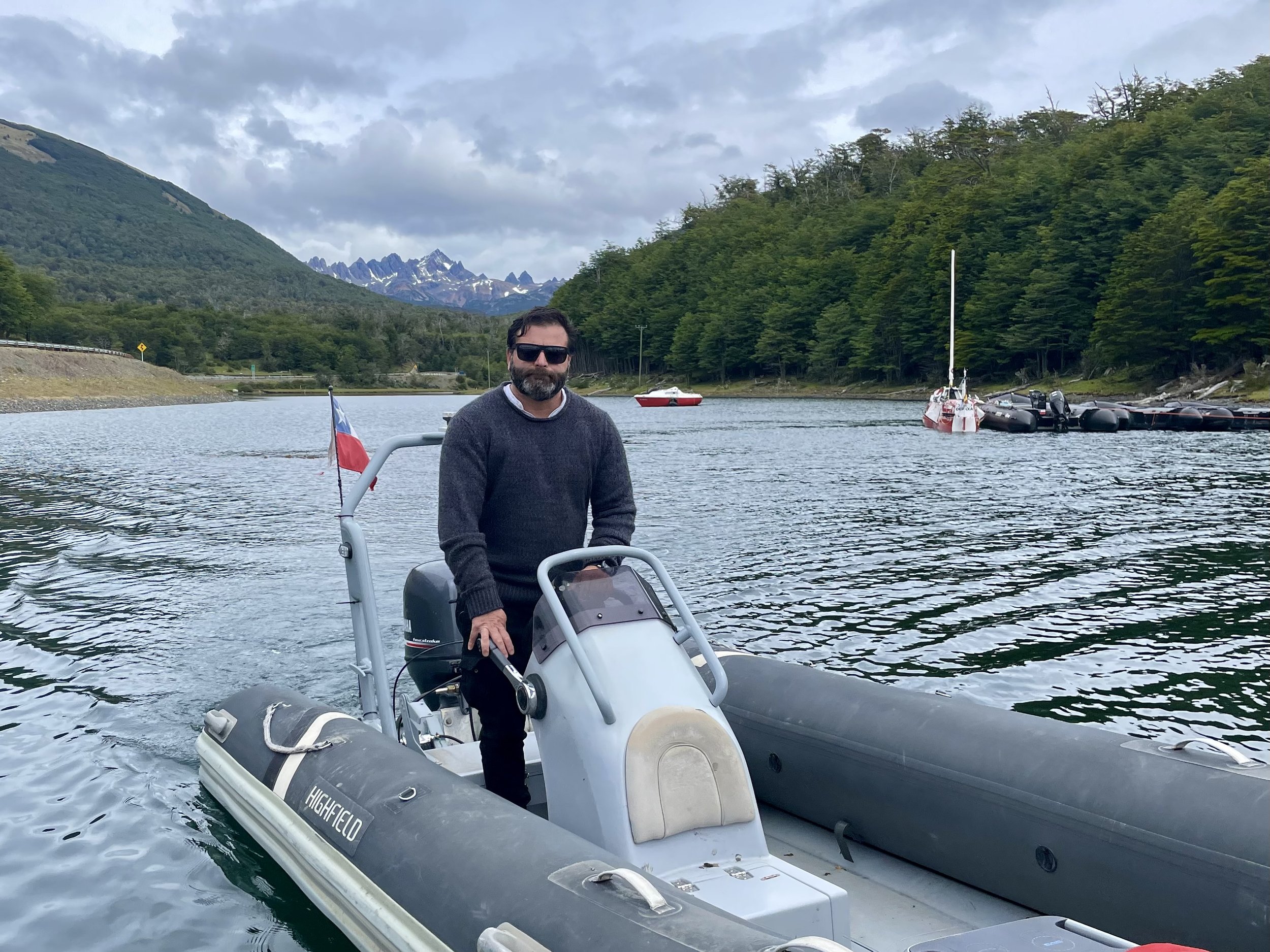
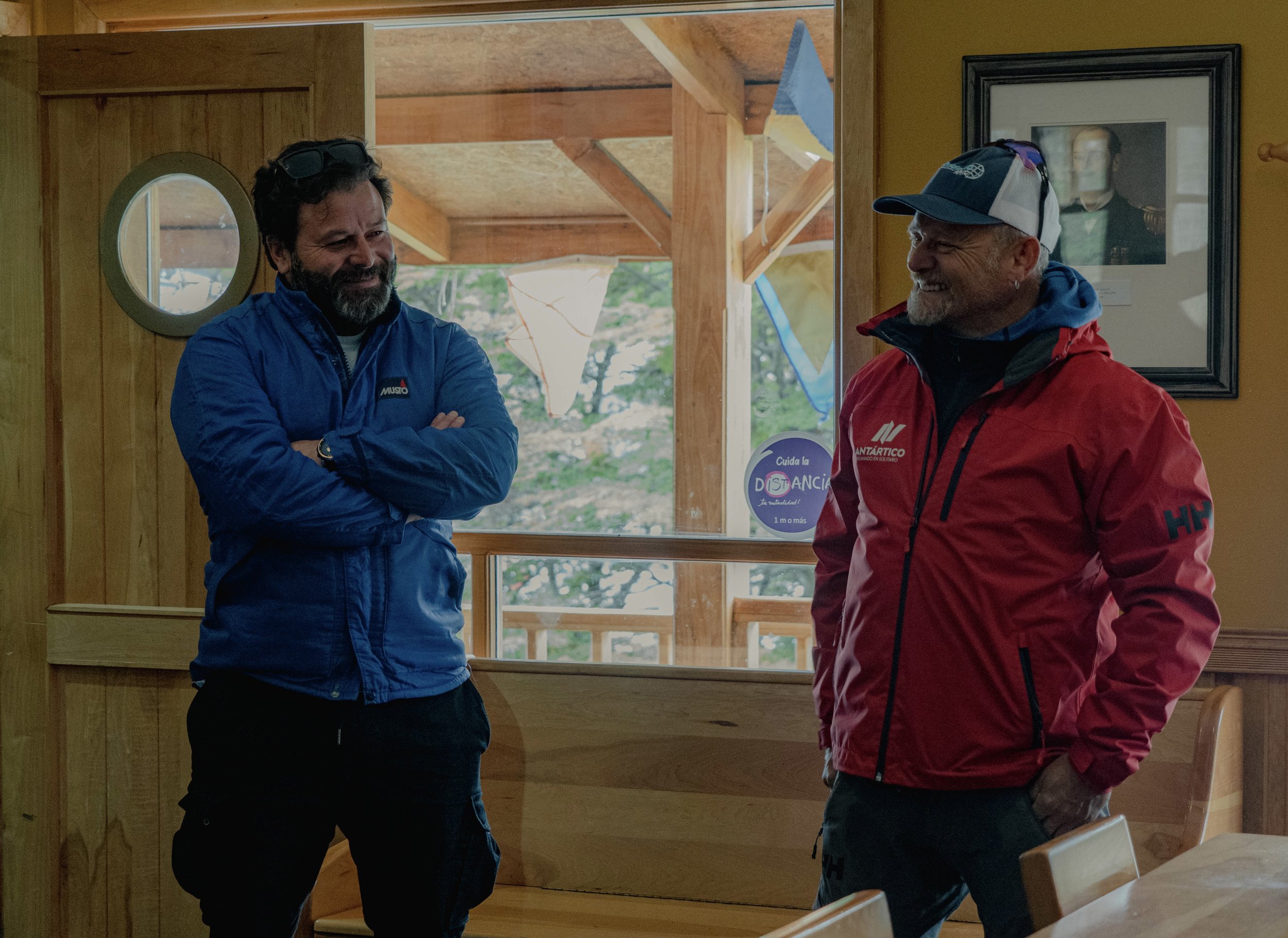
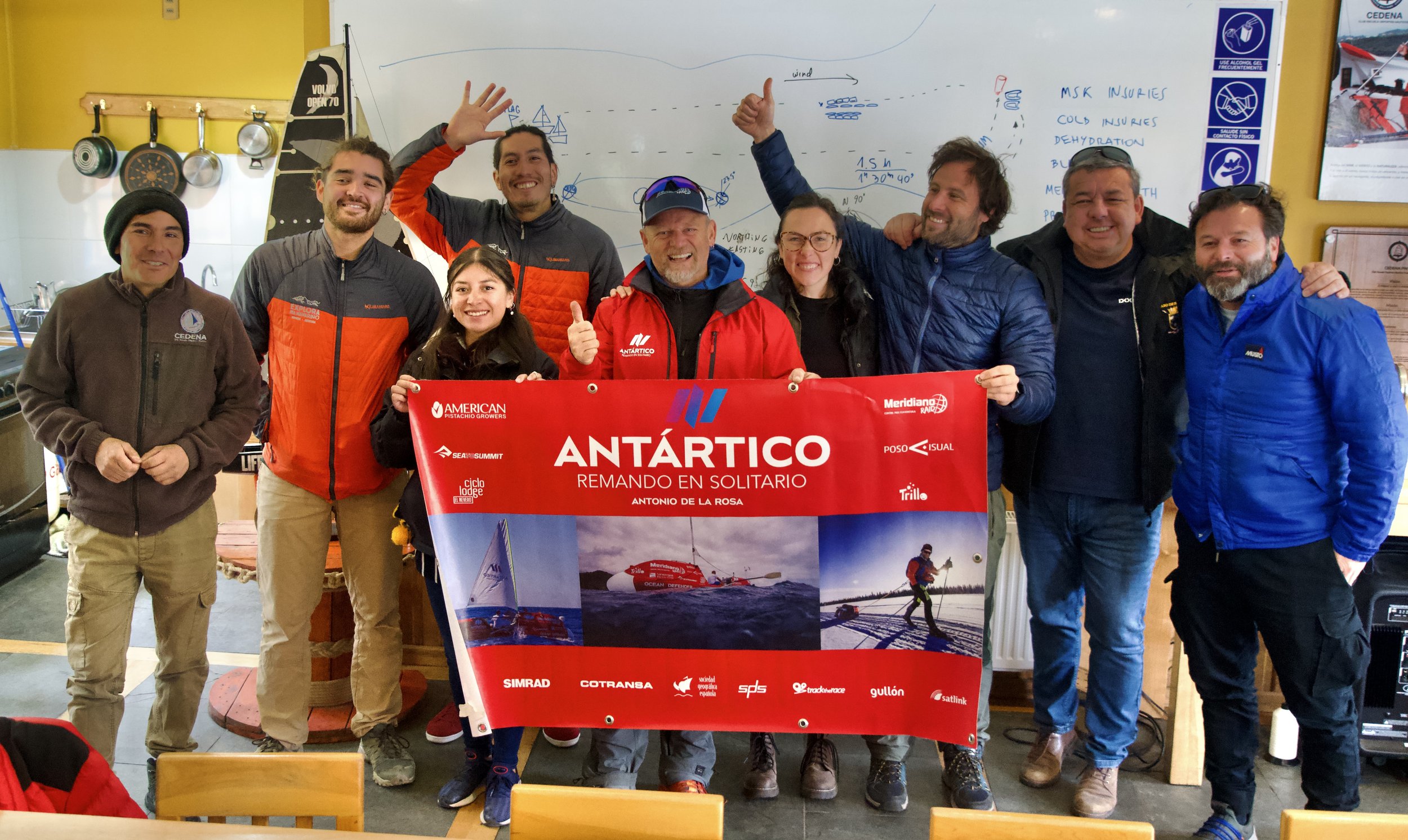
CEDENA Sailing Club
There is no more exciting place to learn to sail than so close to the worst seas in the world. This is a fantastic non-profit whose mission is to teach children to love sailing and to be good humans. Check out the CEDENA website and follow them on Instagram.
Serendipia Sailing
For the adult sailors, check out Serendipia for sailing trips in the area, including to Cape Horn. Check out their offerings on their website and follow them on Instagram. The photo below of Micalvi was taken by Serendipia owner Mauro Carrizo.
Micalvi
Even if you’re not a sailor, Micalvi is worth a visit. It’s a historic ship and has a clubhouse whose walls and even ceiling are completely covered in the flags of every Antarctic expedition that’s come through Puerto Williams in the past few decades.
The ship began its service in the Chilean Navy in 1877 and participated in the War of the Pacific, which Chile won in 1883. (That’s when Chile took Bolivia’s access to the Pacific and a good chunk of Peru). When the ship sunk, rather than sell it for scrap, the Chilean navy turned it into a pier, of sorts.
Micalvi Clubhouse
My week in Puerto Williams was one non-stop party celebrating Antonio de la Rosa’s imminent departure rowing alone to Antarctica. Here we put the Sociedad Geográfica Española flag, one of Antonio’s sponsors, amongst the global mishmash of expedition flags.
I was lucky enough to stay on a sailboat moored to Micalvi. There are no wooden docks to walk down or tie up to, so boats are tied directly to the sunken ship and then to each other. If you’re on the boat at the end, you have to climb over all the other boats to get to yours. If your boat is tied directly to Micalvi, then everybody else is climbing over your boat all day. I still loved it.
Where to eat
There are very few places to eat in Puerto Williams and the only one I really recommend is Worus. The name is a Yagán word that means tree. The menu is limited but it’s all good. I particularly loved the king crab “chupe” which is a cheesy baked dish that is served as if it were soup. It was part of the New Year’s dinner menu, which included a merengue pie made with local calafate berries. They also have a veggie burger that’s messy but delicious. This is Puerto Williams’ best (and only) karaoke bar. Follow Worus on Instagram for info on karaoke nights.
Where to stay
As I mentioned, I stayed on a sailboat tied up to Micalvi, so I don’t have any personal recommendations, but Explora Navarino has a blog about the best places to stay. Also, there is a super fancy lodge outside of town called Errante EcoLodge that I hope to check out the next time I’m on the island!
How to get there
I flew DAP from Punta Arenas to Puerto Williams. It’s the easiest and most reliable way to get there. You can also take a ferry from Punta Arenas, which is amazing if you want to see the Darwin Mountain Range from the water. I’ve heard it’s spectacular and hope to go by sea next time, though it does take 30 hours. Of course, the view from the plane is incredible too. I was glued to the window alternating between camera and phone taking photos of the mountains the entire hour flight. Check flight schedules on the DAP website. I flew on a fairly generic small plane on the way to Puerto Williams but on the return I got to ride in a Twin Otter which was much more exciting!
Alfonso d’Ors and Antonio de la Rosa, the day before they left for Cape Horn and the Antarctic expedition.
I would not have gone to Puerto Williams over New Year’s had I not been invited by Alfonso d’Ors of PosoVisual and Antonio de la Rosa. Check out Antonio’s many solo exploits like paddle boarding from California to Hawaii and rowing from Senegal to French Guyana on his website.
My big break with BBC
Being part of Antonio’a photography team gave me the opportunity to write a story about him for BBC Travel! I’ll add the link here when it’s published.
¡Gracias Alfonso y Antonio!
